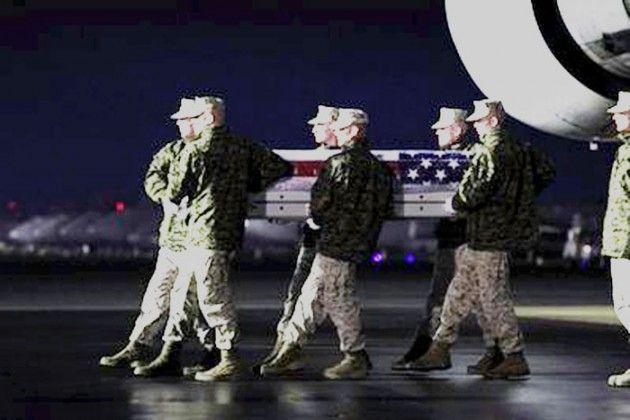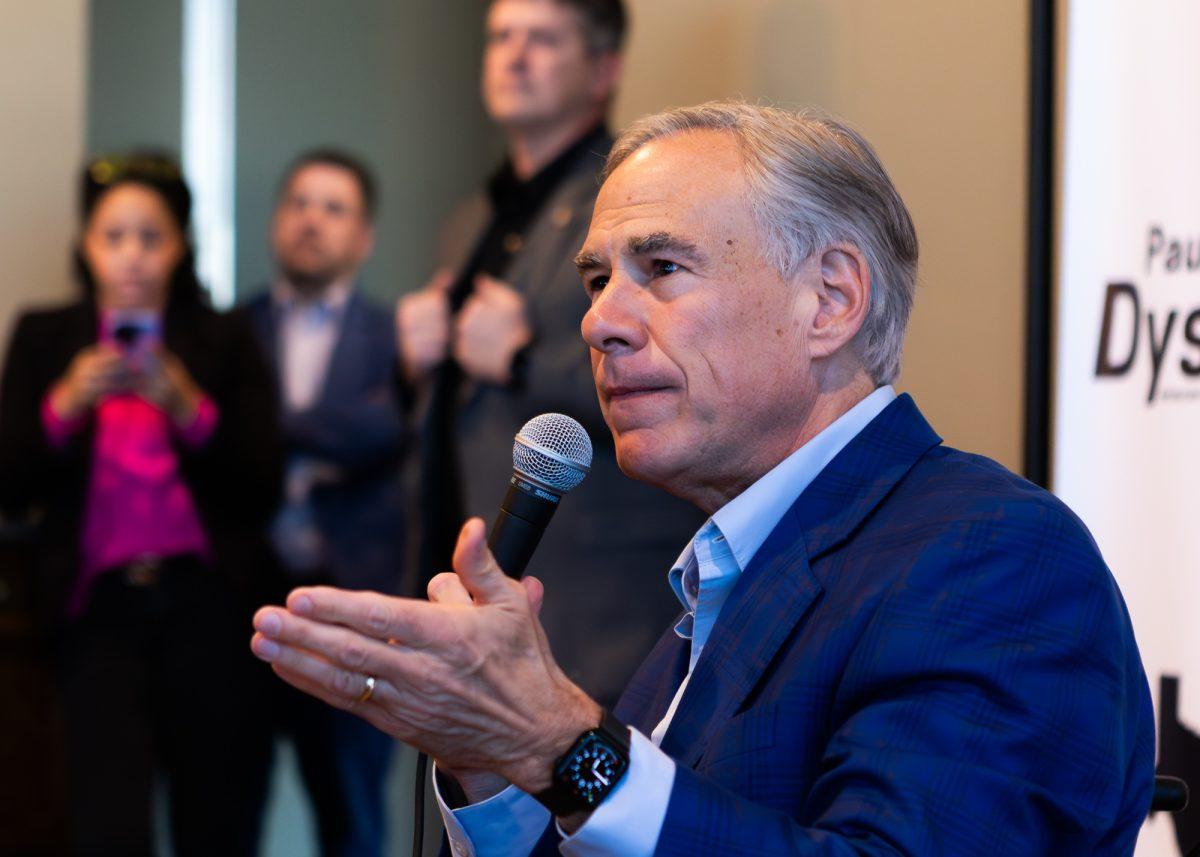Staff Sgt. Rogers exemplified the term Marine. He was a true mentor to the marines he led, he was slow to yell, quick to correct and happy to praise, said Captain John Shubeck, Rogers’ commander.
On April 7, Rogers was killed in Afghanistan.
While clearing a compound, two marines were severely injured. One came across an improvised explosive device, IED. Rogers immediately went to aid his fellow marines. He secured stretchers for the wounded marines, and then assisted in their evacuation.
Without hesitating, Rogers rushed across 20 meters of uncleared land in order to make sure the area was safe for his Marines.
When going in for the third time, an IED detonated and he was killed instantly.
“Through his heroic actions and ferocious desire to save the lives of his critically wounded marines, he paid the ultimate price and ensured that every last Marine came out of the compound alive … Sgt. Rogers is a hero in the truest sense of the word. I can’t tell you how proud I am to say that I knew him and I will tell my children and grandchildren of the Marine who guarded the lives of his Marines with ferociousness tenacity,” Shubeck said.
Rogers is the brother of Brad Bynum, a senior construction science major in the Corps of Cadets.
Bynum plans to become an officer in the Army after graduation. However, it won’t be easy after the loss of his brother.
Bynum said his brother’s death makes the war more of a reality. Often in the news, we hear reports of men and women killed in war, but it sometimes doesn’t connect that they are part of someone’s family, someone’s life. It’s not just another soldier killed.
He comes from a military family. They take a lot of pride in what they do. Bynum is certain he will serve, but doubts still linger in his mind of how much more his family will have to go through.
Bynum isn’t the only Aggie affected by the two wars our nation is currently fighting.
Travis Kiser, a junior history major, served as a marine in two deployments, the first in Iraq in 2007, the second in Afghanistan in 2009.
“I just wanted to serve my country. I wanted to get out there and do something different,” Kiser said.
Kiser believes the U.S. is doing a good job in fighting these two wars.
“Children and women need to grow up in a society that accepts them. Currently, in Afghanistan little girls don’t have a place in society, except as a servant. It’s not about bringing democracy, it’s about bringing the ability to choose.”
It’s hasn’t been easy, though, to return back home, even armed with the knowledge he’s done a good thing.
“At times, when I go to school, I feel like no one cares about we have done. It doesn’t feel like anything you’ve done matters,” he said.
A stronger awareness of veteran’s affairs is necessary for an institution that not only prides itself on its military history but also that has such a large veteran population, Kiser said.
“There are a lot of soldiers who come back home and their needs aren’t met. Some of them are wounded horrifically and someone has got to do something for them,” he said.
Serving his country has certainly left a mark on Kiser.
“War changes you. I’ve lost friends. It’s brought a whole different perspective on life for me. It makes me want to do whatever I need to do to be successful,” he said. “I need to live my life for others who have lost that chance.”
When talking to Kiser, it doesn’t feel as if you’re talking to man who’s faced two wars. It doesn’t feel as if you’re talking to man who’s fought for his life. It feels as if you’re talking to a normal, down-to-earth guy who went out and did something with his life.
“What I did doesn’t define me. It just made me a better person,” Kiser said.
Soldiers talk about sacrifices, pressures of war
April 30, 2011
0
Donate to The Battalion
Your donation will support the student journalists of Texas A&M University - College Station. Your contribution will allow us to purchase equipment and cover our annual website hosting costs.
More to Discover









